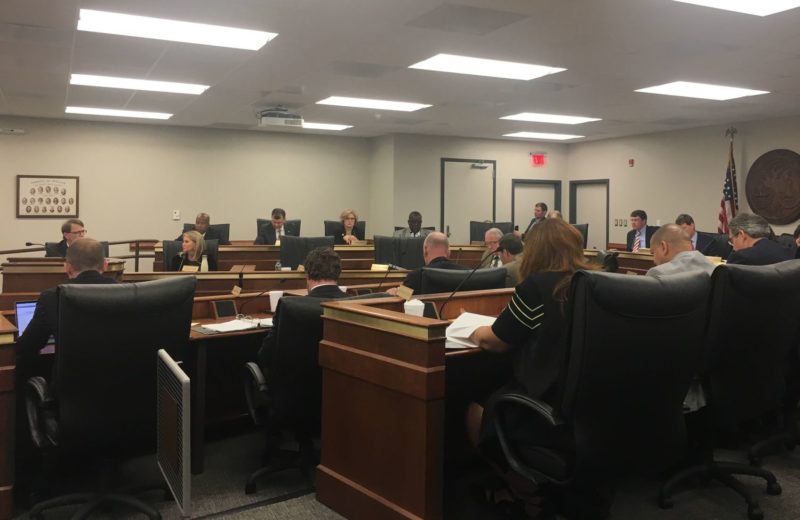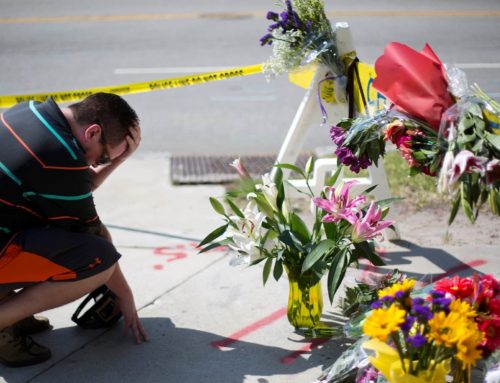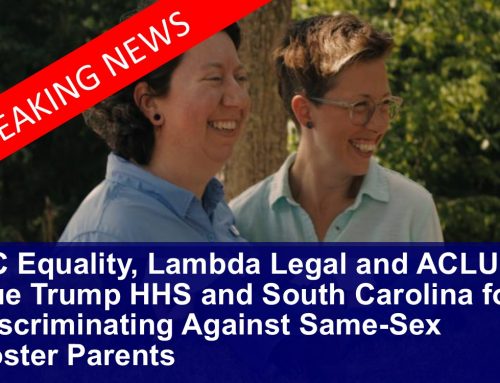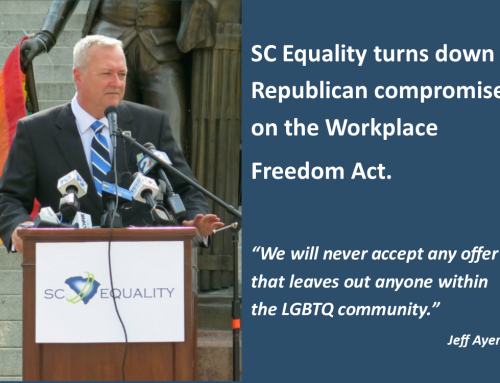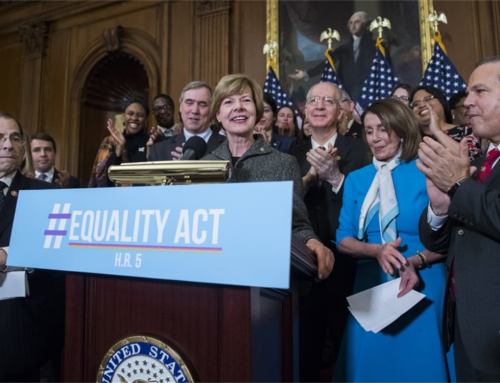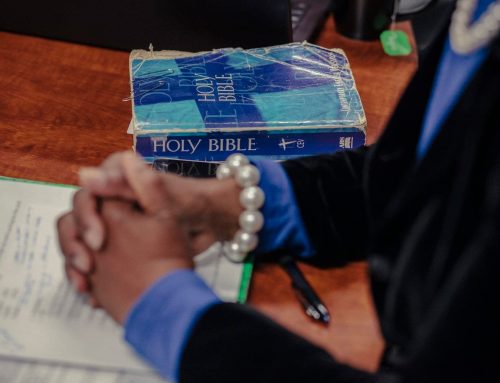February 20, 2018
By Jamie Lovegrove
Post and Courier
COLUMBIA — A bill that would effectively ban all abortions in South Carolina has cleared a critical hurdle in the state Senate, boosting a proposal that has been a top priority of social conservatives for years over the strenuous objections of reproductive health advocates.
The Senate Judiciary Committee approved the bill Tuesday on a 12-9 vote after two hours of heated debate, advancing the measure to the full Senate floor.
Known as the Personhood Act, the bill would set the legal definition of human life as beginning at fertilization and extend constitutional protections to all unborn children.
Critics fear the bill could endanger the lives of mothers and criminalize fertility treatment, pointing out it makes no exceptions for extreme cases.
The measure does not offer an exemption for cases of rape or incest, even if the rape victim is a child.
If passed by the Senate, the bill would still have to move through the House. Gov. Henry McMaster has pledged to sign the legislation if it makes it to his desk.
“I believe that human life begins at conception, and I believe the people of South Carolina deserve for their laws to reflect the values they hold dear,” McMaster said in a statement applauding the committee’s vote.
Similar bills have failed in other conservative states, and the measure has fallen short multiple times in South Carolina before. The state passed a law in 2016 that outlaws abortions after 20 weeks.
Tuesday’s meeting got off to a tense start, even before the panel moved on to the substance of the bill. Lead sponsor Sen. Richard Cash, R-Piedmont, began circulating a new amendment that opponents complained they were not given a chance to review.
Over the next two hours, lawmakers bickered repeatedly over the bill, with several Democrats labeling it reckless. Cash defended the measure as a simple matter of protecting human lives.
Some doctors have voiced concerns the measure does not include any exceptions for situations when the life of the mother is in danger, warning it could create a “nightmare scenario” in which doctors have to choose between saving the mother or “murdering” the embryo.
Cash argued no one would prosecute doctors if they take medical actions to save the mother’s life that result in the unintentional death of a child.
He additionally defended the prospective law’s abortion restrictions in cases of rape or incest, including when the victim is a child.
“If a child is raped, yes, that is a horrible act,” Cash said when pressed by a colleague. “Two wrongs don’t make a right. You cannot erase the rape by killing the child. The child is an innocent person.”
Sen. Mia McLeod, D-Columbia, asked Cash if he had ever been raped or been pregnant. He responded that he would not entertain “facetious” questions.
Several Democrats sought to slow the measure down and send it back to subcommittee for further consideration.
